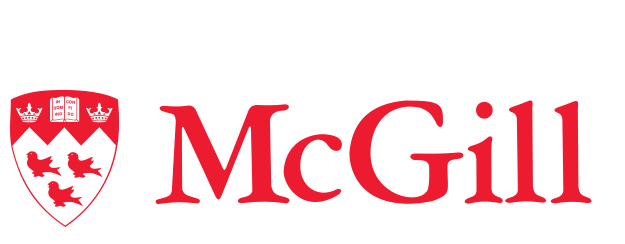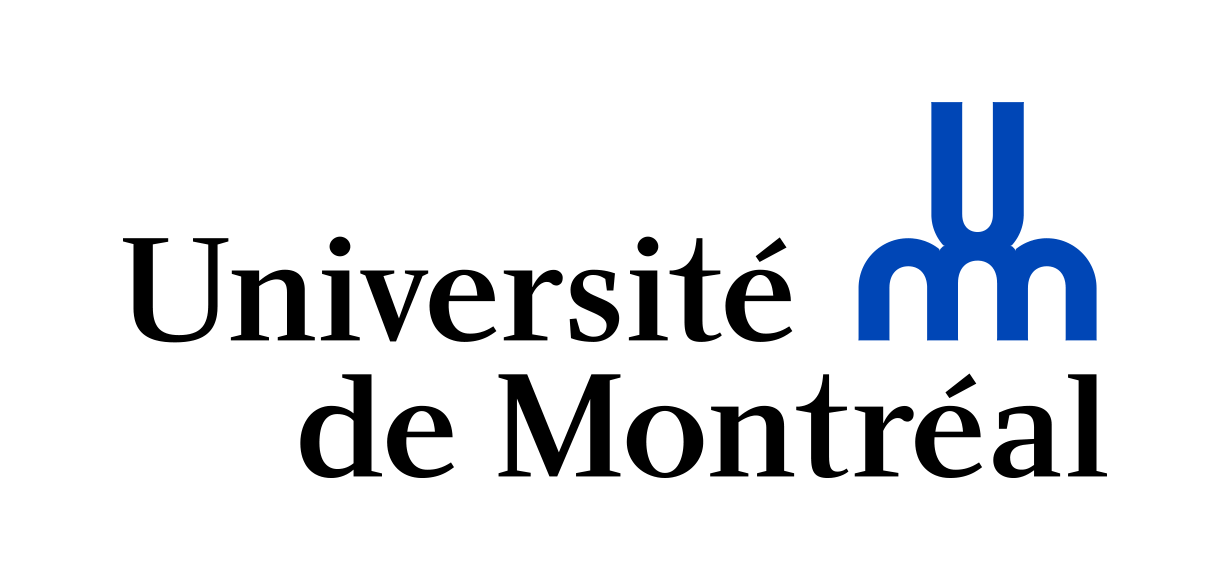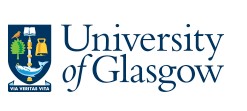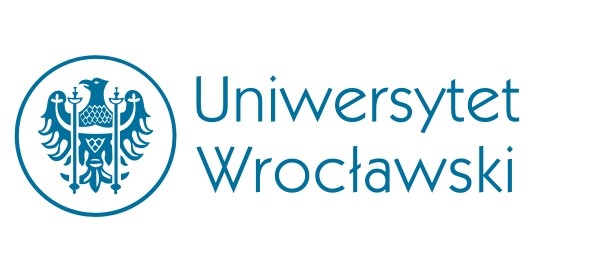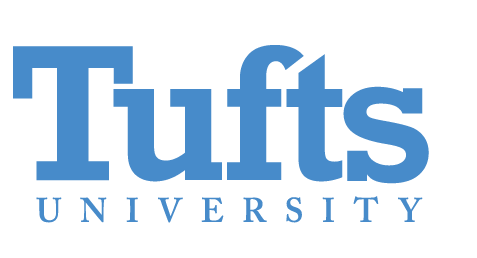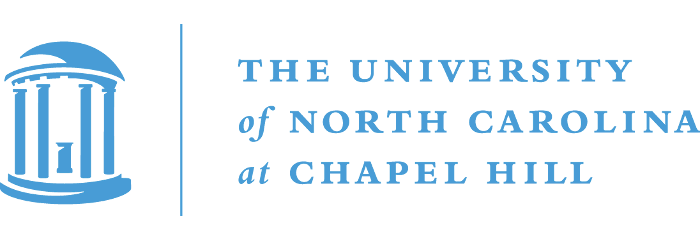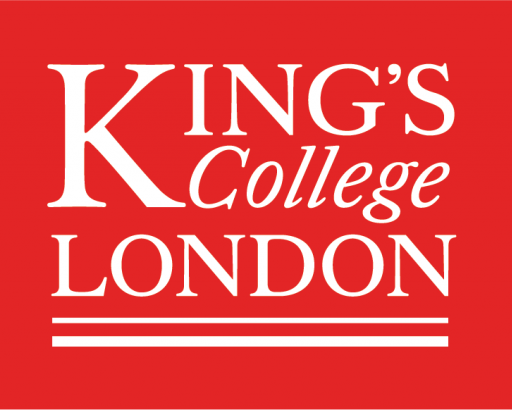Julia Taranova, Summer 2019
The experience of the BEAR Network 2019 Summer School “Between the EU and Russia, Zone of Contestation” at the University of Montreal was not limited to its curriculum, but extended much further, to what is called “passive knowledge.” In the atmosphere of mentorship and open dialogue, we were sharing thoughts not only on the subject of the school, but also on research ethics and challenges of academia. Such spontaneous knowledge that we received from supervisors and from one another as we gathered at the summer school once again confirmed why it is worth flying miles to an in-person workshop.
As a first year PhD student who spent a few years working outside of academia between master-level and research-level programs, the BEAR summer school was a way of acquiring the rhythm needed for academic writing and getting back into the reading discipline. I am grateful for the readings carefully collected for us well in advance, some of which included yet unpublished manuscripts of the lecturers.
The summer school maintained a high level of international speakers, engaging into discussion with which sometimes wasn’t easy! Having studied international relations as an undergraduate student, I appreciate the chance I was given to refresh my knowledge with the help of the top experts in the field.
Although the subject of the seminar was not completely linked to my doctoral research on liberalism in Russia, the regime changes and the external influences on the fields of strategic action, at the summer school I picked up three new alleys to explore. First, with the help of Magdalena Dembinska (University of Montreal) I discovered a corpus of social psychology literature, which I haven’t studied yet. Some parts of it spread light on the decision-making within political elites and might be of value for my project. Second, the supervisors, especially Zsuzsa Csergo (Queen’s University, Canada), pushed me to realize that I need to focus on studying the policies instead of abstract categories and choose case studies which would give me concrete material to base my arguments on. Third, Russia as a kin-state, as well as the overall notion of “Russians abroad”, could make up an important part of my research on external influences —Kristina Kallas’ (University of Tartu) workshop, in this respect, was, perhaps, the most useful for my purposes.
Finally, at the BEAR Network summer school 2019 “Between the EU and Russia, Zone of Contestation” I had a chance to meet excellent young researchers studying Russia. As I was never part of any master-level program focused specifically on Russia and Eastern Europe (or any other regional studies programs), this was effectively the first time I was in such a cohort. We already got in touch with some students based in the UK and started to plan how we organise further student-run seminars and other exchanges. I hope we won’t stop here!





